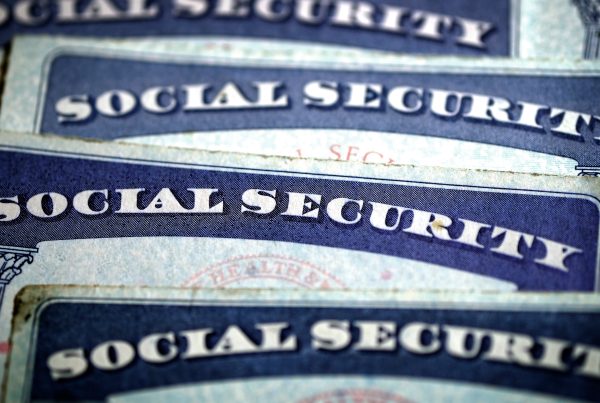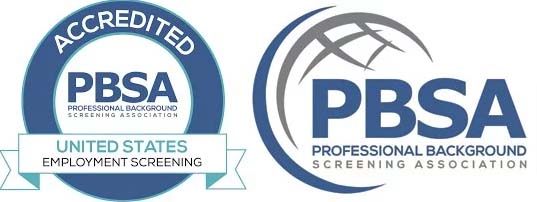Many employers have had to come up with new background screening solutions to address the growing pressure of keeping the workplace safe for everyone during the pandemic. Because of this, many background check solutions such as virtual drug testing and other remote processes have become the norm in many industries today. Now that COVID-19 vaccines have been made available in many countries, there have been growing concerns about it.
Will employees be required to take the vaccine? Do employers now have to check their employee’s vaccination records or status? Could vaccination records now become a part of an employment background screening?
According to Dr. Arthur Reingold, a professor of epidemiology at the University of California, Berkeley School of Public Health, the answer depends on the employer and the employee’s nature of work.
Common scenarios where mandatory vaccination is necessary
- Employees who work at any medical facility or a hospital.
If you are a hospital employee or work at any medical facility, it completely makes sense to undergo a mandatory vaccination as you are in a high-risk environment. In fact, there are many states that have corresponding laws mandating all hospitals to provide vaccines to new employees before they begin their work. However, these laws have exemptions for people with disabilities or for valid religious reasons.
- Workplace locations with an outbreak.
If there has been an outbreak in your workplace location, your employer may mandate that employees get vaccinated. If you also work in an industry that is health and safety-sensitive, employers have even more reason to demand your vaccination records.
What are the options available for both employers and employees?
- Review the EEOC guidance.
What employers can do right now is to review the new EEOC guidance for the COVID-19 vaccine. This way, they can review their next step in their respective workplace. This will also allow employers to review their workplace policies regarding background screening.
- Find other background check solutions.
Employers will need to come up with alternative background screening solutions should employees refuse to be vaccinated. Employers may require other documents instead such as recent medical records.
- Provide an alternative work setting.
If employees want to skip the vaccine, employers may allow a remote work setting to avoid the disruption of work operations and make other on-site employees comfortable at the workplace. If the nature of work doesn’t necessarily require an employee to be physically present, a remote setting may be the safest option.
- Check the possibilities.
If employers require vaccination records during an employment background check or during re-entry to the office, employees may have to check what’s at risk and review their chances of staying with the company.
Final Thoughts
While it is still too early to see how it will all turn out, requiring vaccination records as part of pre-employment background checks is a real possibility for many industries. Currently, requiring this is entirely an employer’s prerogative. Still, today’s health crisis is still continually changing every day. We cannot know for certain if it is a practical approach to make vaccination records a part of employment background screening in the future. Doing this requires changing and updating work policies especially with regards to personal data.











